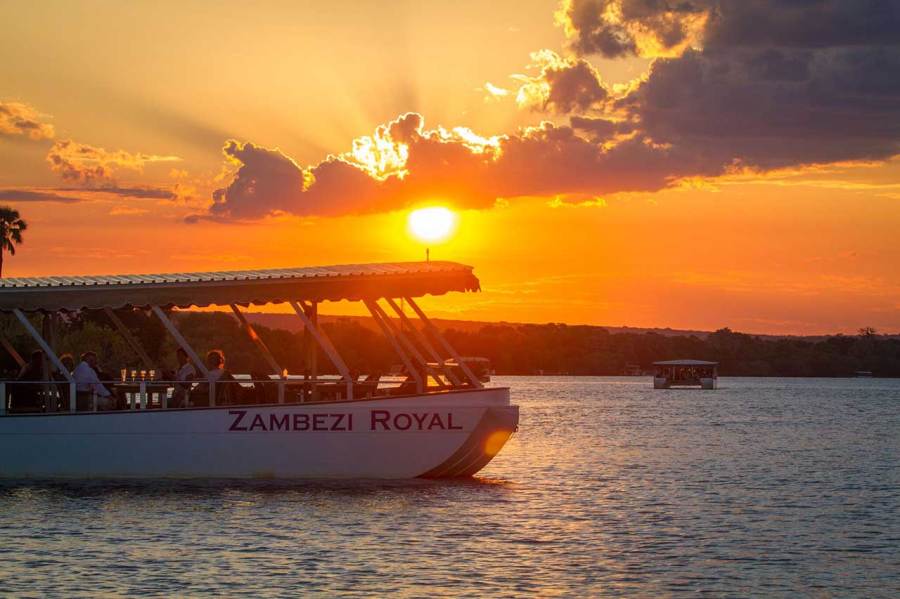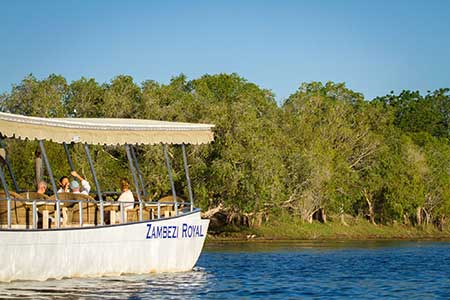The world is facing a plastic problem, and it is snowballing- but so is awareness and determination to halt the crisis in its tracks. Wild Horizons has several strategies in place, and all of these have seen massive success.
Only a few years ago plastic bottled water was thought to be an inescapable essential on safari. Then, the world seemed to draw a collective breath as images of sea horses carrying earbuds emerged. A plastic bag was found thousands of feet below the ocean’s surface in the world’s deepest trench. Birds were seen nesting in shreds of shopping bags.

As heartbreaking as it is to think and see these images, our planet and our wildlife need us to realise the extent of the damage that is caused by these fickle, yet indestructible products.
Searching for solutions
Our mission began when we joined the ”straw war”, banning the use of plastic straws at all of our lodges and on our activities. The next step was to address the use of plastic bottles. We installed water purification systems at each lodge and provided every guest a reusable water bottle that they could refill with fresh filtered water. We stopped serving plastic bottled water during meal times and instead we provide purified glass bottle of water. The initiative has been a massive success, and we are proud to report a 100% decline in plastic water bottle consumption in all three lodges, with not one plastic bottle of water being provided.
Nine million reasons to join the war on plastic
Victoria Falls has an average of almost 605, 000 international visitors every year. If each visitor stays an average of 4 days and consumes 2liters of bottled water per day, over 9 million plastic bottles will be discarded annually. Recycling programs in Africa are severely limited, and one plastic bottle can infest the earth for 450 years before the elements can decompose it. The enormity of the problem can not be ignored.
We need to change the way we think about plastic. When we ”throw it away”, where is it going? When plastic is buried, it does not nourish the earth. It leaches toxins into the soil, poisoning or ensnaring wildlife. The purpose of a safari is to appreciate the earth’s natural beauty, a pleasure and a privilege that we will go great lengths to protect.

Five tips to limit plastic waste on safari
Most plastic products take centuries to decompose, which means almost every piece of plastic ever produced is still in existence… much of it in oceans or landfills. The small changes you make now could create a big difference for future generations.
- Say no to bottled water, and refill a reusable one.
- If you are concerned about water quality when you explore off the beaten track areas, take a Life Straw or Steripen with you to filter out harmful bacteria. Alternatively, do some research and purchase a water bottle that has a built-in filtration device.
- When you go souvenir or grocery shopping at local markets, take an eco-friendly cotton bag with you. These are light and very easy to pack.
- Many people who go into rural areas are tempted to give the local children sweets, but the wrappers from these are extremely harmful to the environment. Instead, take a box of fruit with you.
- Avoid travel-sized toiletries and plastic-packaged toiletries when you pack. Instead buy a bar of shampoo, conditioner and soap with a steel tin to store it in.
If you have bought some new gear for your trip, remove any plastic packaging it may be wrapped in and send it to a nearby recycling station. Don’t bring it to the bush.











